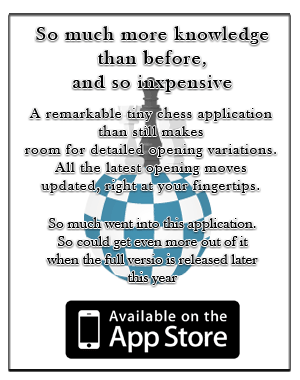LONDON RULES OF CHESS
At the end of 1921, the World Champion Capablanca wrote the rules and financial conditions for future World Championship Matches. There were given to potential challengers during the London Tournament of 1922 and also published later in many chess magazines. The top players were: Rubinstein, Maroczy, Reti, Alekhine, Bogoljubow, Tartakower and Vidmar, present in London signed the document.
- The match to be one of six games up, drawn games not to count.
- There shall be six play-days a week. One session each day and of five hours’ duration. Each player has the right to take three days off during the course of the match. The player availing himself of his right must notify the referee or his opponent of this intention at least one hour before the time set for the commencement of the game.
- The time limit shall be forty moves per two and a half hours.
- Two games never to be started on any one play-day.
- A referee shall be appointed by mutual consent between the players. In case the players cannot agree upon the referee, the champion will have the right to request the presidents of any three leading federations or clubs to appoint the referee, who will have to be accepted by the both players.
- A stake-holder shall be appointed by mutual consent of the players. If they cannot agree, the referee will have a right to select one.
- The champion must defend his title within one year after receiving the challenge. He will, however, only be compelled to accept such a challenge from recognized international masters.
- The champion will not be compelled to defend his title for a purse before $ 10,000 (ten thousand dollars), in addition to which sum the traveling expenses both ways of both players as well as their living expenses during the progress of the match also be provided for.
- Of the total amount of the purse the champion shall receive 20 per cent as a fee. Of the remaining 80 per cent the winner to receive 60 per cent and the looser 40 per cent.
The champion shall have the right of naming the date for the beginning of the match as well as the hours of the day for the five-hour session, but those hours can only be between 2 p.m. and 1 a.m. of the following day, unless by mutual consent between the players and the contributors of the match. Should there be several offers by clubs and countries for the match, the champion will be obliged to accept the highest bid, unless he can give satisfactory reasons to the referee for refusing such an offer.



